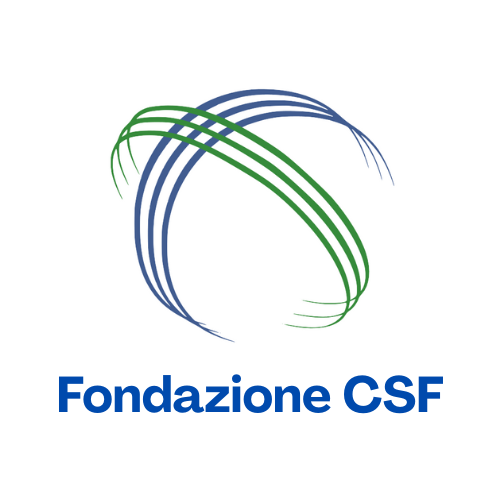Simone Vannuccini / May 2025
In this paper, I use the case of artificial intelligence (AI) to analyse the challenges and opportunities in designing a European industrial policy that (i) adopts a pro-competitive posture, (ii) does not fall victim of the risk of double weaponization by pro-nationalistic and pro-oligopolistic narratives, and (iii) re-orients its goals away from the AI ‘arms race’ and to the provision of public goods. At the moment, the AI industry is an infant industry, and the European digital stack enabling AI applications is controlled by non-European actors, which reduces European autonomy and justifies policy support. I suggest that while AI’s economic impact are overestimated and hyped, AI should be a pillar of European industrial policy due to its strategic asset and dual-use nature. Through a series of proposals, I outline the contours of a European AI industrial policy; its features can be summarised by three keywords: public, as in the public assets that the EU should aim to build on the basis of open source technology and in the public interest; federated, through variety and the decentralisation of AI solutions conceived as a non-oligopolistic European alternative to large scale systems; and federal, realising decoupling across the technology stack, when possible and advisable, through supranational tools, institutions, and finances.
Keywords: artificial intelligence; strategic asset; industrial policy; European Union; geopolitical rivalries
Simone Vannuccini is Chair of Economics of Artificial Intelligence and Innovation - Université Côte d'Azur/GREDEG. Senior non resident Fellow at Fondazione CSF. E-mail:

 En
En  It
It 


